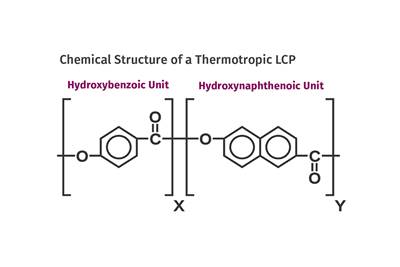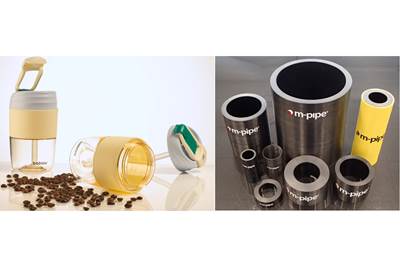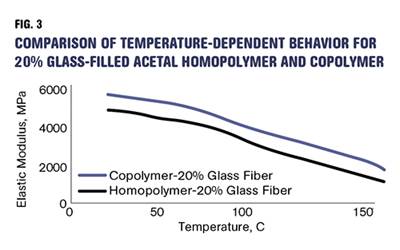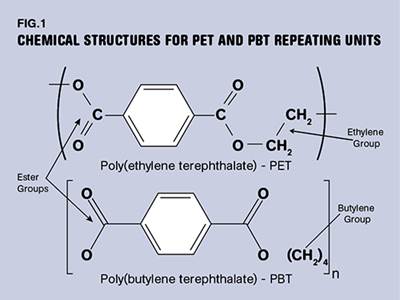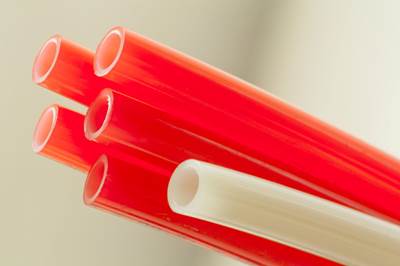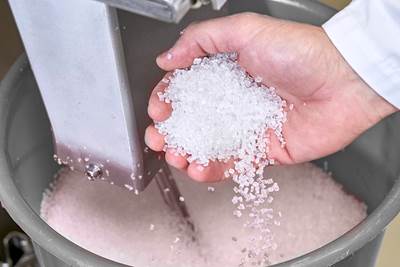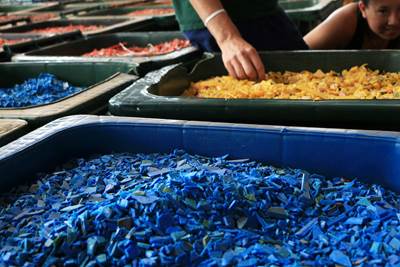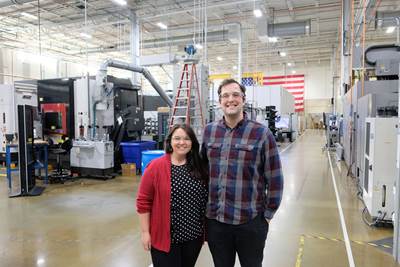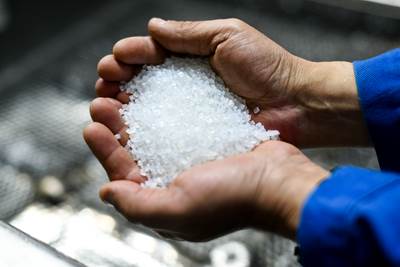Engineering Resins
Engineering resins are a category of polymers typically used in more demanding applications than commodity resins. They typically have properties that offer higher performance such heat, chemical, and impact strength resistance which makes them well suited to replacement of metals and other materials in a wide range of electrical/electronic, automotive, aerospace, medical, and industrial applications. They include volume engineering resins ABS, PC, and nylons 6 and 66, as well as PBT, PEEK, PPO, PPS, higher-temperature nylons such as PPAs (polyphthalamides), POM, and LCPs.

ESSENTIAL READING
VIEW ALLTracing the History of Polymeric Materials, Part 28: Making LCP's Melt Processable
Liquid-crystal polymers based on a single monomer produces a polymer with a very high melting point.This presents two problems. Here’s how they were solved.
Read MoreTracing the History of Polymeric Materials, Part 27: Liquid-Crystal Polymers
Liquid-crystal polymers debuted in the mid-1980s, but the history of the chemistry associated with this class of materials actually starts a century earlier.
Read MoreTracing the History of Polymeric Materials, Part 26: High-Performance Thermoplastics
The majority of the polymers that today we rely on for outstanding performance — such as polysulfone, polyethersulfone, polyphenylsulfone and PPS — were introduced in the period between 1965 and 1985. Here’s how they entered your toolbox of engineering of materials.
Read MoreHow Do You Like Your Acetal: Homopolymer or Copolymer?
Acetal materials have been a commercial option for more than 50 years.
Read MorePBT and PET Polyester: The Difference Crystallinity Makes
To properly understand the differences in performance between PET and PBT we need to compare apples to apples—the semi-crystalline forms of each polymer.
Read MoreTracing the History of Polymeric Materials: Polyphenylene Oxide Blends
PPO was a promising new high-performance thermoplastic, but it could be made useful only by mixing it with a humble commodity resin.
Read MoreLatest Engineering Resins News And Updates
Delrin Partners with Entec and Channel Prime Alliance
Through this partnership, Entec and Channel Price Alliance will distribute all grades of Delrin acetal to customers in the U.S., Canada and Mexico.
Read MorePlasticizer-Free Proprietary Long-Chain Nylons
NPE 2024: NYCOA highlighting proprietary NXTamid L as a sustainable replacement to nylons 11 and 12.
Read More'Groundbreaking' Flame Retardant PC and PC/ABS
Trinseo’s new FR PC and PC/ABS produced without PFAs or halogenated additives
Read MorePEK for Metal Replacement and Applications Requiring the Highest Heat Resistance
NPE 2024: Polyplastics’ new Sarpek polyetherketone (PEK) is said to be an advancement over PEEK.
Read MoreFormerra Partners With Evonik for Expansion of High-Performance Nylons
The company will distribute several of Evonik’s Vestamid materials in the U.S., Canada and Puerto Rico.
Read MorePortfolio of Reduced Carbon Footprint Engineering Compounds
NPE2024: Polymer Resources expands sustainable materials portfolio to include grades with at least 50% recycle content
Read MoreFeatured Posts
BASF Highlighting How They 'Make, Use and Recycle Future Solutions'
NPE2024: BASF is using its proprietary computer-aided engineering tool Ultrasim when designing for sustainability in a broad range of industries.
Read MorePrices Up for All Volume Resins
First quarter was ending up with upward pricing, primarily due to higher feedstock costs and not supply/demand fundamentals.
Read MoreAutomotive Awards Highlight ‘Firsts,’ Emerging Technologies
Annual SPE event recognizes sustainability as a major theme.
Read MoreAt NPE2024, Follow These Megatrends in Materials and Additives
Offerings range from recycled, biobased, biodegradable and monomaterial structures that enhance recyclability to additives that are more efficient, sustainable and safer to use.
Read MoreScaling Up Sustainable Solutions for Fiber Reinforced Composite Materials
Oak Ridge National Laboratory's Sustainable Manufacturing Technologies Group helps industrial partners tackle the sustainability challenges presented by fiber-reinforced composite materials.
Read MorePrices for All Volume Resins Head Down at End of 2023
Flat-to-downward trajectory for at least this month.
Read MoreFAQ: Engineering Resins
Lower mold temperatures and the associated faster cooling rates produce higher levels of internal stress in the molded part. This arises in part because of the more rapid development of the frozen layer as the material flows into the mold. This can result in flow lines that are visual evidence of impeded flow. It also produces a higher degree of retained orientation in the more rapidly cooled layers at the exterior surface.

